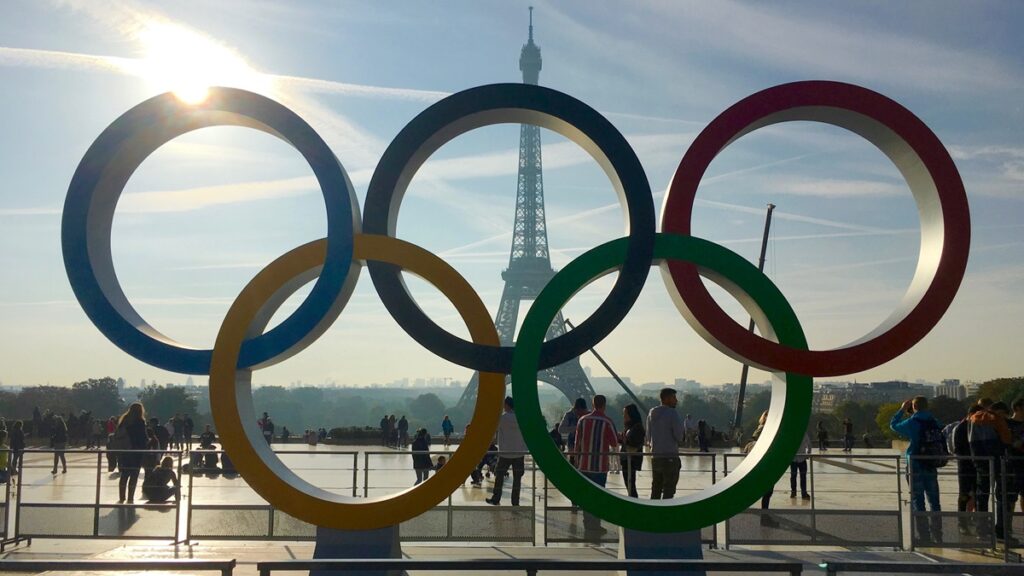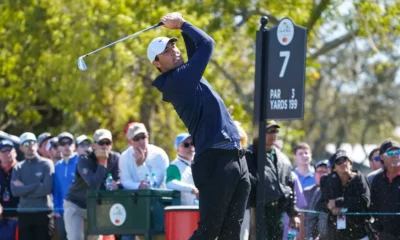More
Gloss: American Lyles wins Olympic sprint in fastest 100 in Olympic history!
American sprinter Noah Lyles confirmed that he is currently the best sprinter on the planet. Moreover, after 20 years, he has returned the position of the fastest man on the planet to the USA. The last time an American sprinter was happy at the 2004 Olympics was thanks to Maurice Green.

American sprinter Noah Lyles confirmed that he is currently the best sprinter on the planet. Moreover, after 20 years, he has returned the position of the fastest man on the planet to the USA. The last time an American sprinter was happy at the 2004 Olympics was thanks to Maurice Green.
Athletics is very specific in its own way. Jamaican Kishane Thompson was the first to finish the Olympic sprint according to the photo finish. However, unlike cycling or skiing, the photo finish is not decided by the toe of the leg, the galuska or the ski. But it’s about who has a substantial part of the torso first at the finish.
In this respect, it is the fairest race. Until the very end of the Olympic sprint, it was not clear who had won.
According to the photo finish, it was the Jamaican sprinter, but he was the first to finish with a substantial part of the pod American Noah Lyles. He was the first to cross the finish line according to the finish photo of his torso (from the collarbone down).
The fastest 100 in Olympic history
Never in the history of the Olympic Games has it happened that all 8 athletes in the final have completed the 100 under ten seconds. The Olympic sprint in Paris has gone down in history as the fastest race in the history of all Olympic sprints.
Jamaican Oblique Seville finished the race in 9.91, but it was only good enough for 8th place. Never before in history has the entire final eight run a race under ten seconds. In this respect, the race made world sprint history.
A time under 9.9 does not guarantee a final appearance
The men’s sprint has already moved on to such an extent that even times run by sprinters under 9.90 seconds are no guarantee of automatic participation in the final. Yet it was not so long ago that breaking the 10-second barrier was considered to be the limit of the world’s extra class.
This year’s Olympic Games in Paris are clear proof of that. The times have moved on so much that at least two sprinters who broke this threshold in their heats did not make the final eight.
In the semi-finals, for example, Louie Hinchliffe of Great Britain ran 9.97 seconds and Andre De Grasse of Canada 9.98 seconds. But neither of them made it to the final. This fact underlines how high the competition is today at the top level of sprinting.
Usain Bolt’s record held up
Usain Bolt’s Olympic record of 9.69 from the Beijing Olympics has stood. It’s just that in that race, the entire final eight did not break the 10-second barrier.
American Lyles set a personal best with a time of 9.79 to win this thrilling race by just five thousandths of a second.
Final: Men’s 100m (wind +1.0 m/s)
1. Lyles (USA) 9.79, 2nd Thompson (Jam.) 9.79, 3rd Kerley (USA) 9.81, 4th Simbine (SA) 9.82, 5th Jacobs (It.) 9.85, 6th Tebogo (Botsw.) 9.86.
Source: LOH 2024, Track and Field










